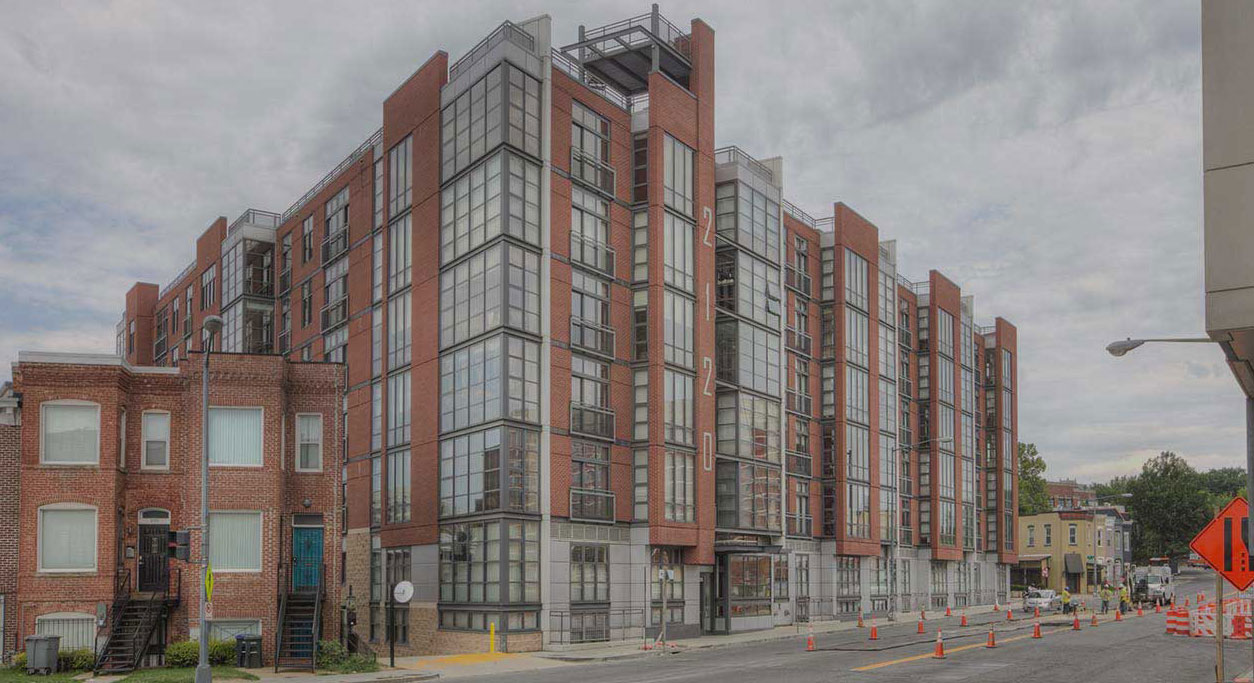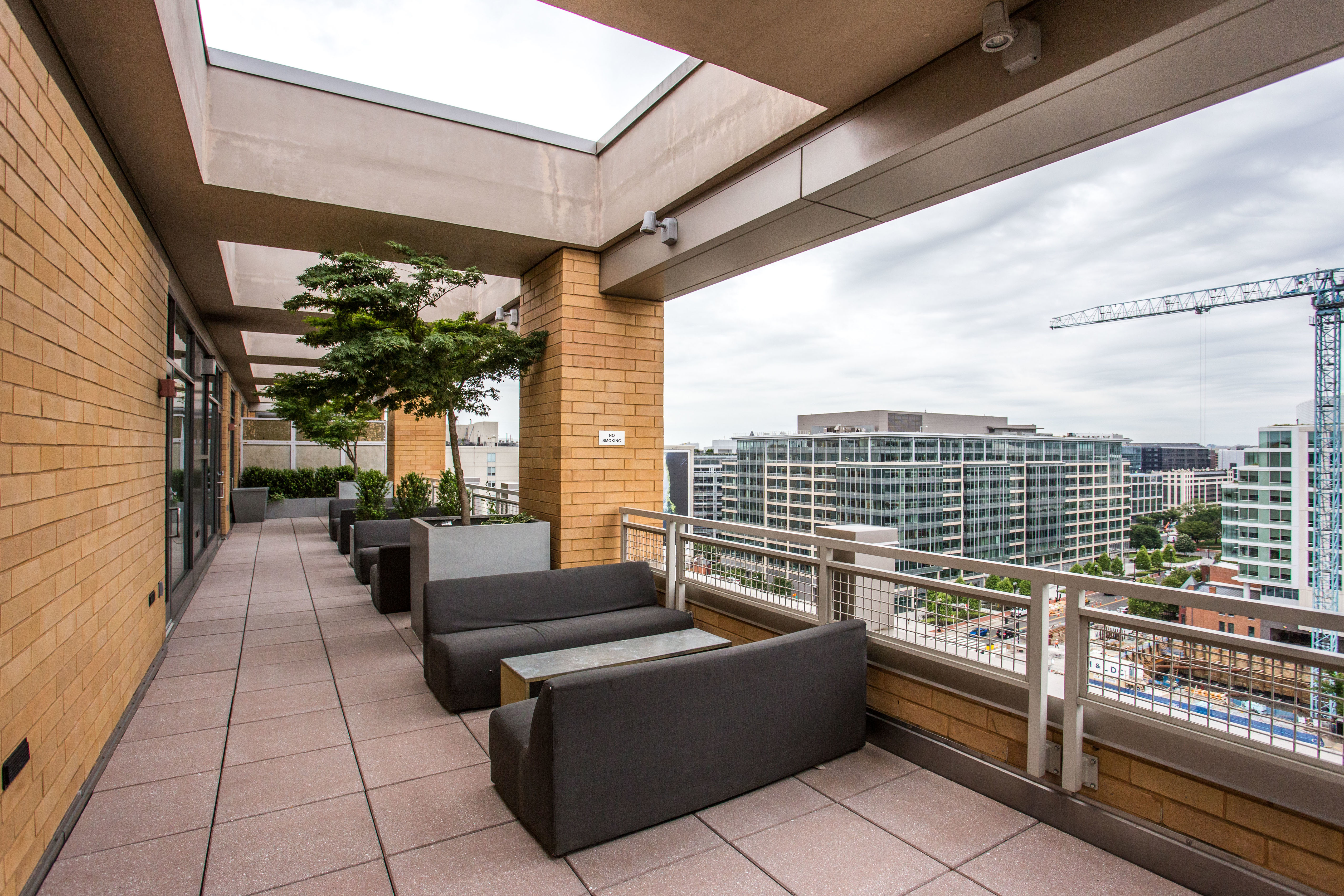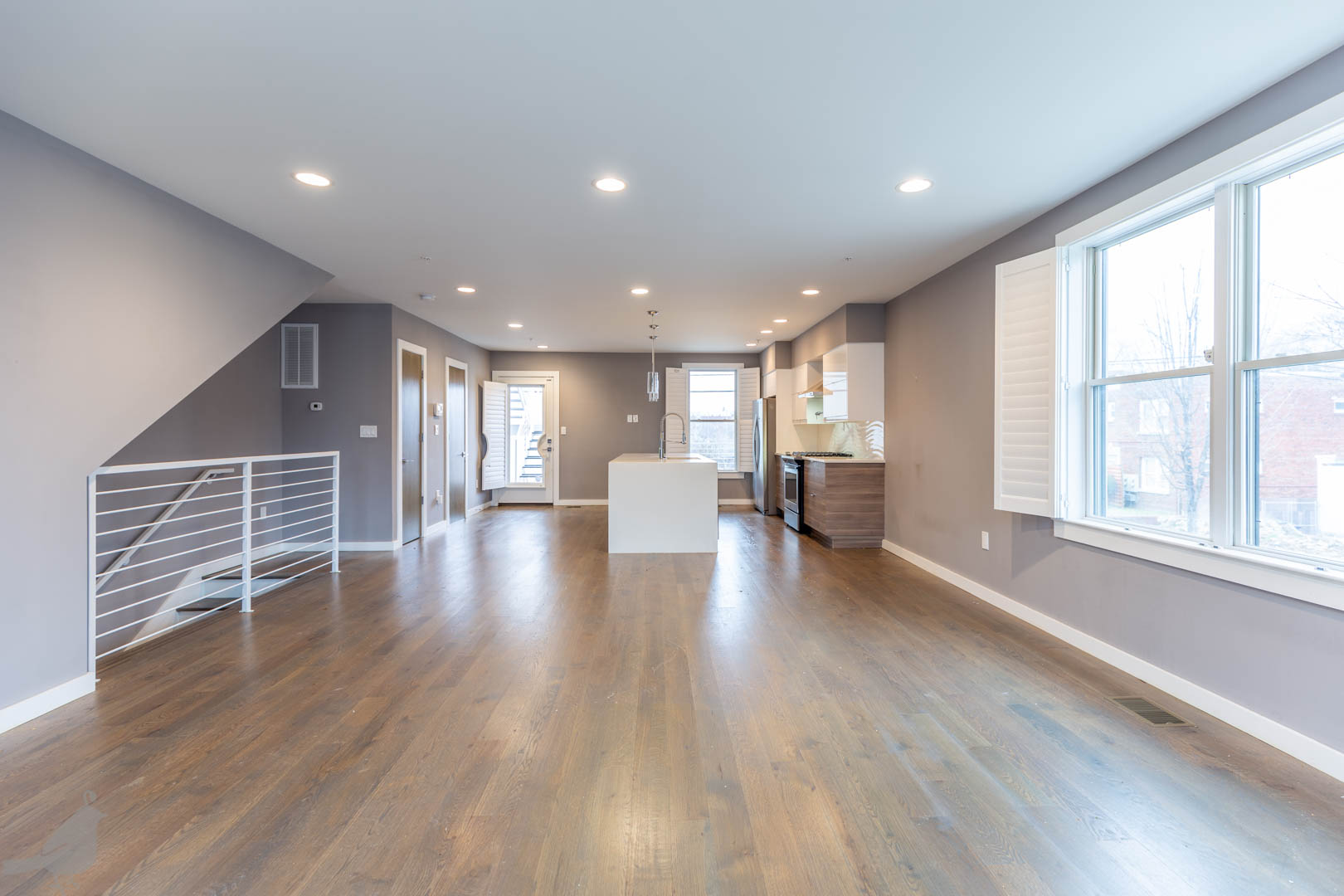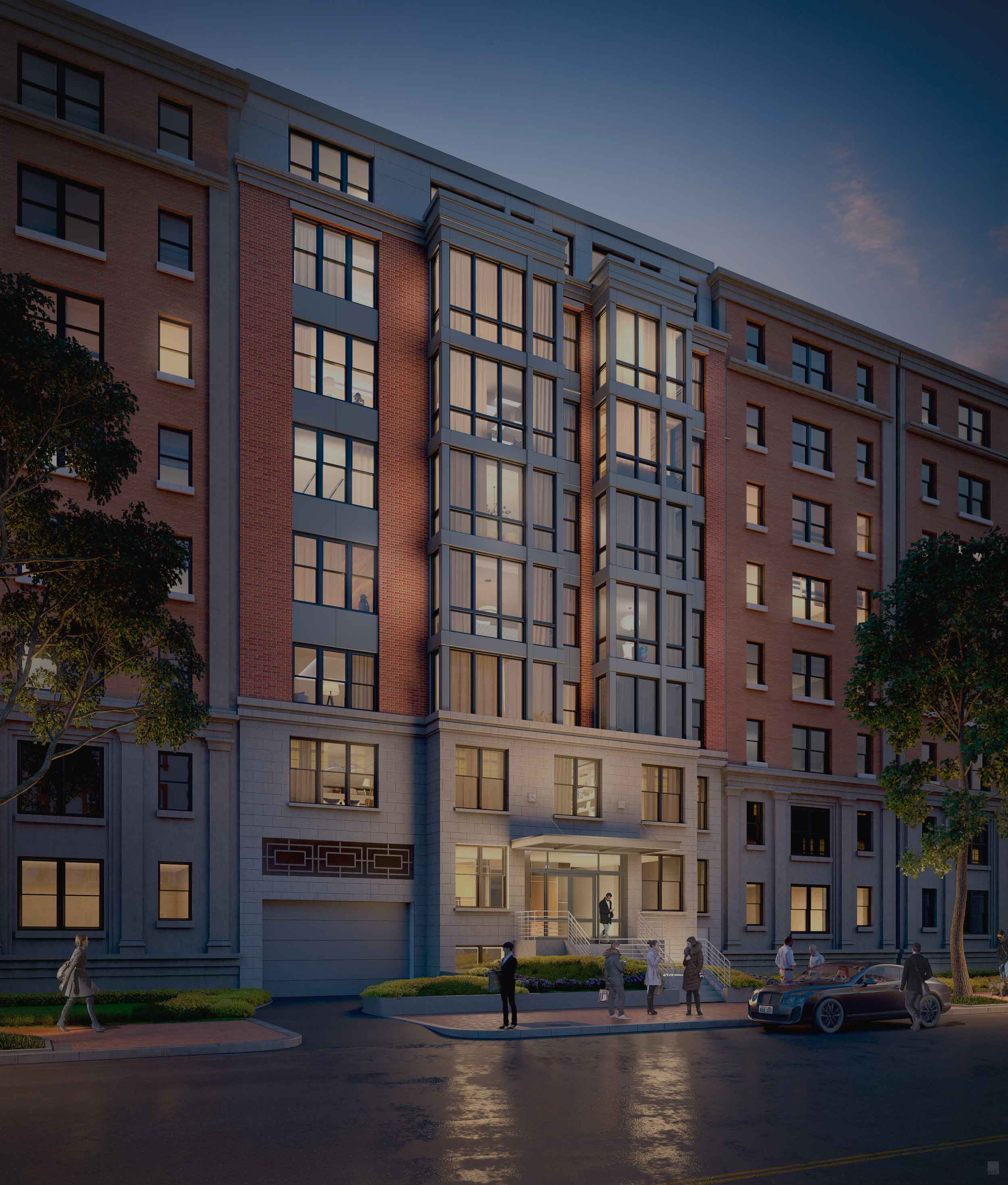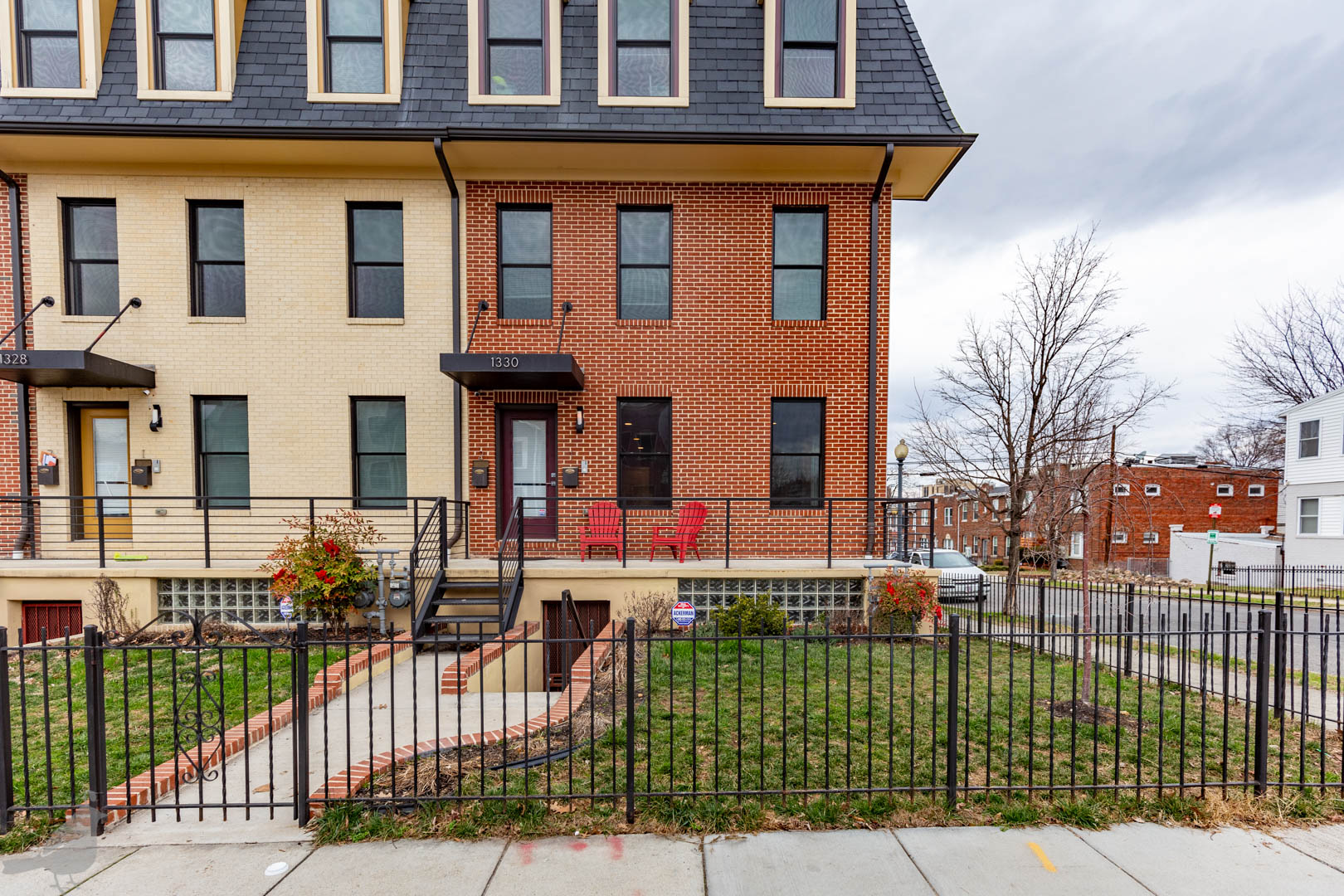
The Association Assist.
Industry + Legal Expertise For Your Community. As Needed.
Each year, thousands of condos come online in Washington, DC situated in hundreds of new and redeveloped building communities. Some are as simple as two unit row house conversions, others feature hundreds of units rich with amenities and infrastructure. Every single building relies on its ownership to deliver or oversee management and long term planning. It’s a big lift with no pay and significant impact. Enter Crane Consulting supported by the long-time building experts from Roost DC. Your building’s new best friend. We offer executive level management and legal strategy that eliminates guesswork and gives your building an operational and legal advantage. Why?
Because a well-managed building is a more valuable and valued building.

When you close on a condo, you’re going into business with an entire community of people you have likely never met. And together with your fellow owners, you will play a part in the future wellness and value of the building. No matter the size, every community has a duty to establish operational, maintenance, financial, governance and legal foundations that are compliant with DC law. That’s a tall order when there are no easily available go-to resources for new or existing buildings.
Time for a Roost assist.
